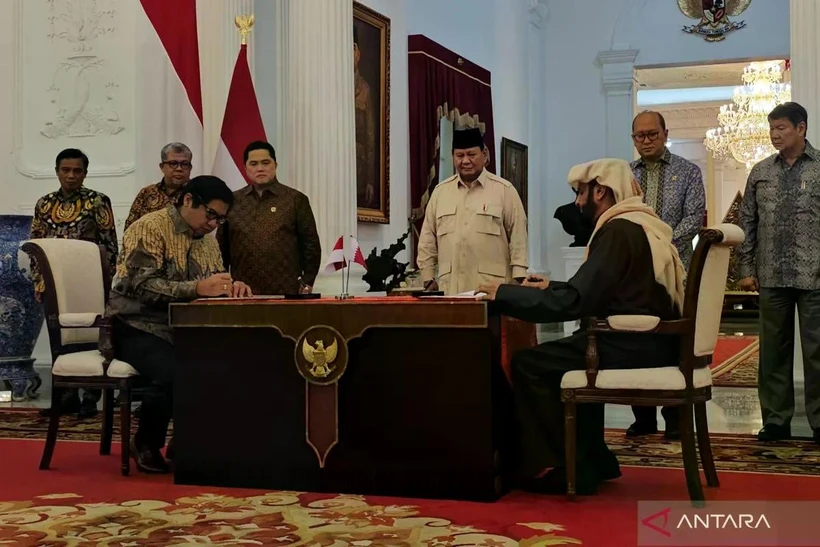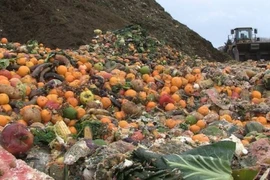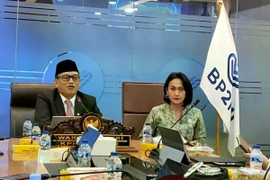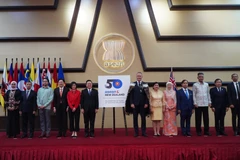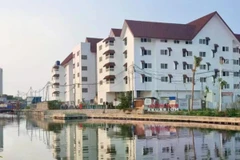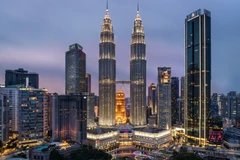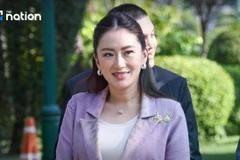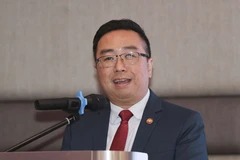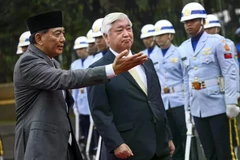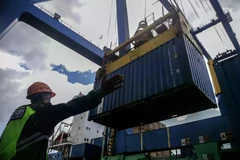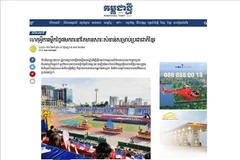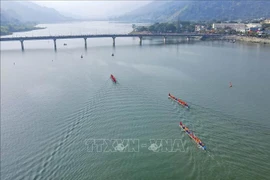Jakarta (VNA) – Indonesia’s Minister of Housing and Settlement Areas Maruarar Sirait and Sheikh Abdul Aziz Al Thani, a representative of Qatar’s Qilaa International Group, on January 8 signed a memorandum of understanding (MoU) on the construction of one million affordable homes in the Southeast Asian nation’s major cities.
According to Maruarar, the freshly signed pact is a government-to-government partnership, under which Indonesia will provide Qatari investors with state-owned land, ensuring absolute legality to implement the project. The land pieces offered to the investors lie in urban areas, owned by railway operator Kereta Api Indonesia, housing company Perumnas and construction company PTPP. Qatari investors will conduct surveys to find out which area they wish to start with.
For his part, Al Thani said that his team will work on the project “professionally”. He went on to say that the MoU is a testament to the strong relationship between Qatar and Indonesia.
Indonesian President Prabowo Subianto has set a target of building 3 million homes a year to meet people’s housing demand. The latest government figures showed that as of the end of September 2024, Qatar had invested 8.25 million USD in Indonesia, used for 13 projects./.
